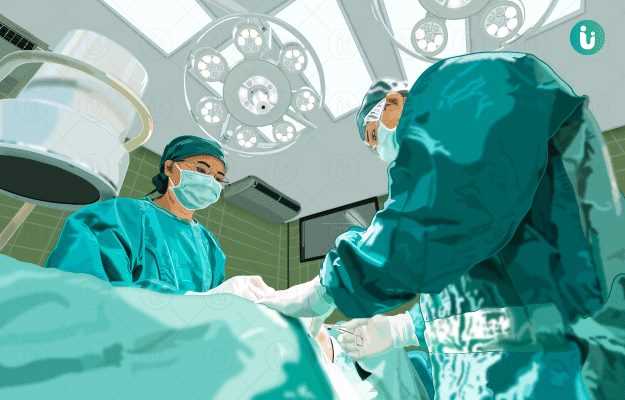Summary
Gastropexy is an abdominal surgery performed for the management of conditions like large hiatal hernia or gastric volvulus (more than 180 degrees rotation of the stomach). The surgery involves attaching the stomach to the abdominal wall using stitches. It is carried out under general anaesthesia (you will be asleep during the surgery). The procedure lasts for about 60 to 90 minutes, and you will be discharged after an overnight stay in the hospital. A majority of the people who undergo this surgery report reduction in symptoms. You will need to revisit the hospital after one to two weeks for postoperative evaluation.










































